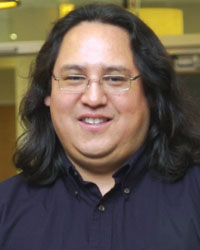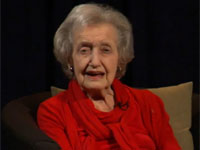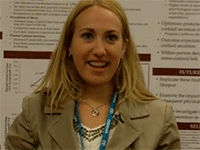Adapting Counseling Strategies for Native Communities

Joseph P. Gone
Evidence-based psychotherapy should work the same for everyone, right? Wrong.
In his research, Joseph P. Gone of the University of Michigan points out that the latest treatments developed by psychological scientists can’t be applied to all communities in exactly the same way.
Gone is interested in how evidence-based mental health treatments and the cultural traditions of American Indians can intersect. This intersection, he says, is elusive. Integrating Native traditions and evidence-based therapy, he points out, may require merging spiritual and mental health practices, and clinicians would have to address difficult ethical and political complications. For example, should health care providers be allowed to lead their patients in prayer? And how should therapists incorporate Native traditions that attribute sacred powers to healers? Would it be ethical for them to claim they have this type of power?
Right now, specific methods that combine traditional healing and professional psychotherapy are rare in psychological science. According to Gone, efforts to tailor conventional psychotherapy to traditional healing practices have had a limited impact. “Perhaps it is now time for psychologists to move in the other direction as well,” Gone writes in The Counseling Psychologist, “namely, to start with specific forms of traditional healing and to seek to tailor these to the conventions, commitments, and concerns of workaday psychotherapists.”
Currently, he is working to adapt traditional healing practices of a Northern Plains Indian community to a psychotherapy-based model. He will be speaking at the 24th APS Annual Convention in Chicago on “Culture as Treatment for American Indian Mental Health Problems: Pursuing Evidence Through Community Collaborations.”
Gone, J. (2010). Psychotherapy and Traditional Healing for American Indians: Exploring the Prospects for Therapeutic Integration The Counseling Psychologist, 38 (2), 166-235 DOI: 10.1177/0011000008330831





APS regularly opens certain online articles for discussion on our website. Effective February 2021, you must be a logged-in APS member to post comments. By posting a comment, you agree to our Community Guidelines and the display of your profile information, including your name and affiliation. Any opinions, findings, conclusions, or recommendations present in article comments are those of the writers and do not necessarily reflect the views of APS or the article’s author. For more information, please see our Community Guidelines.
Please login with your APS account to comment.